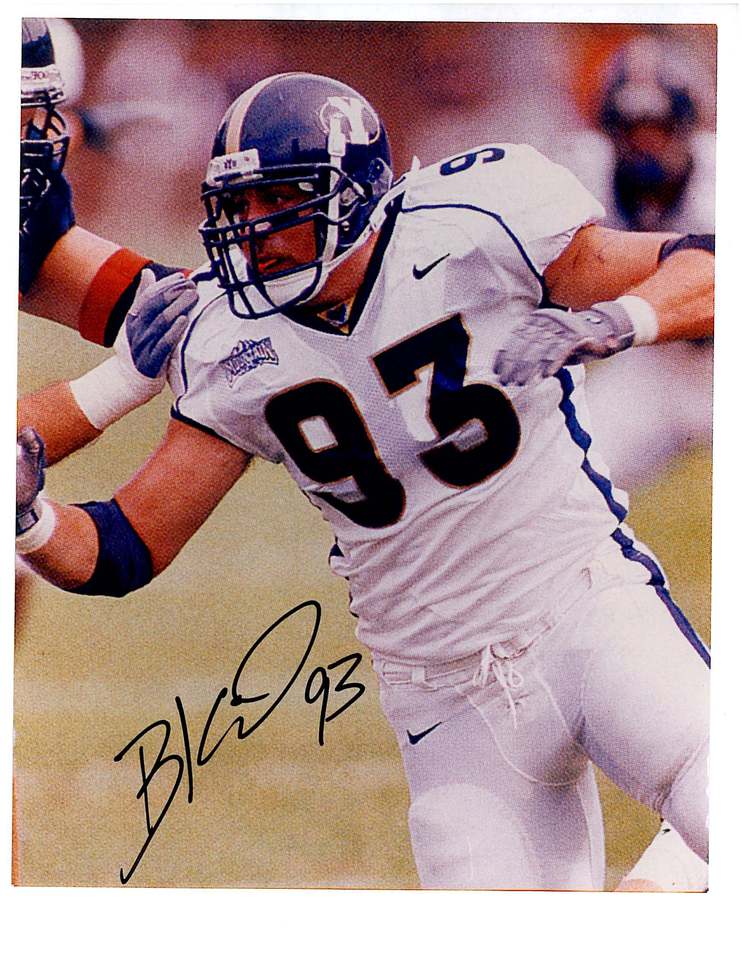
Byron Frisch, a former NFL defensive-end for the New York Giants, Tennessee Titans, Dallas Cowboys, and San Francisco 49ers from 2000 to 2004, has been charged with insurance fraud.
According to Insurance and Financial Advisor Web News, since his retirement from the NFL, Frisch has been an insurance broker in La Jolla, California, but now he and another broker, 36-year-old Kristian Giordano, were charged with insurance fraud after allegedly convincing insurance companies to issue $50 million in insurance policies to unqualified applicants. Lawyers Kasra Sadr and Brenda Barrera Merriles were also charged.
According to the U.S. Attorney’s Office, Frisch and his co-defendants are accused of recruiting senior citizens for free life insurance policies with death benefits worth $1 million. Frisch and company allegedly took in $1.6 million doing this scam and then sold the completed policies to investors on the secondary market.
They then fraudulently filled out the insurance applications by lying about the applicant’s net worth, source of income, and source of payments, hiding the fact that they were paying all or part of the premiums themselves and selling the policies on the secondary market.
LSM’s Take: Putting false information on applications puts the consumer in direct harm’s way. It also gives the insurance agents and brokers a bad name. According to a paper from the INSEAD Business School, this bad reputation persists, particularly in the United States, where the insurance industry has been at the centre of bid rigging and price fixing scandals since 2004. Post-claim underwriting also leaves a bad taste in the mouths of clients in Canada.
This case also illustrates the dangers of selling your insurance policy to a third party and why insurance viatical settlements are illegal in the majority of provinces in Canada. Of course, not all of the parties knew what was truly going on here, and legal viatical settlements should always include transparency and consent from all parties involved — something this case was sorely lacking.
Nevertheless, the Canadian Life and Health Insurance Association would consider Frisch’s case the type of fraud that prohibiting viatical settlements is trying to get rid of, which is why the CLHIA is fully behind the law as it stands now.
“We don’t believe viatical settlements should be legal because we are concerned about the rampant danger for fraud, as has happened in the States, and we believe that viactical settlements violate the original intention of life insurance, which was to benefit the policyholder’s named beneficiaries in the event of the policyholder’s death,” says Wendy Hope, the CLHIA’s vice-president of external relations.